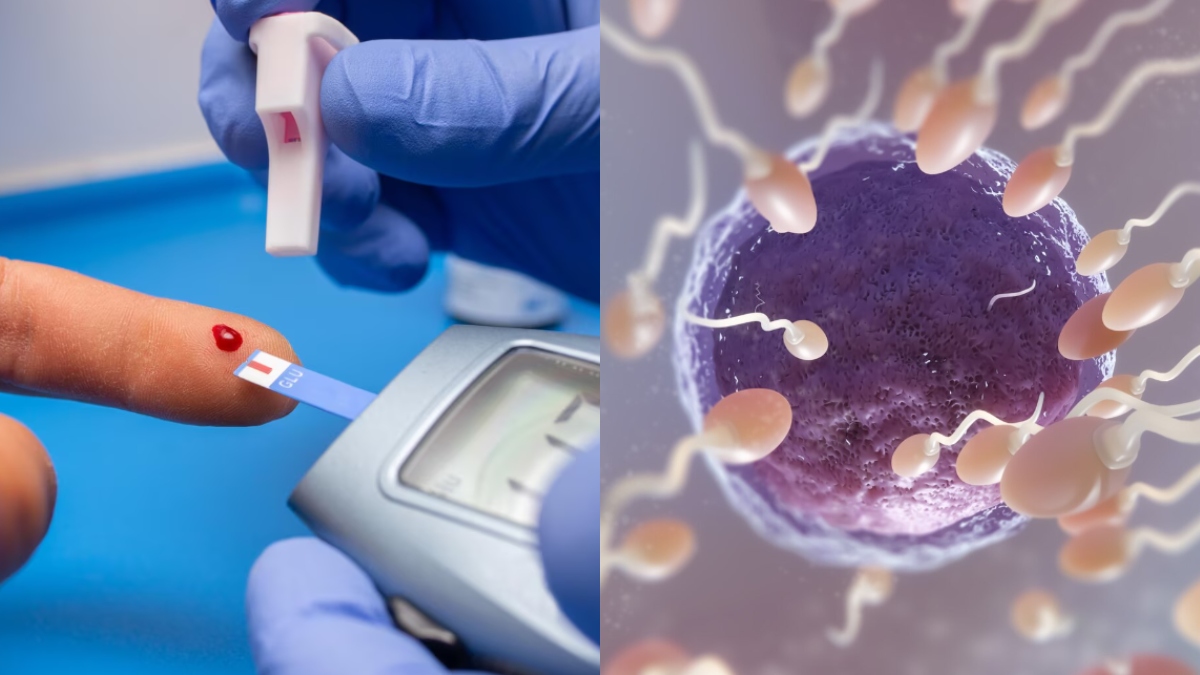
Diabetes and Fertility: Understanding the Hidden Link
In India, diabetes is becoming a growing concern, not just for individual health but also for fertility. Many couples facing challenges in conceiving often overlook the impact of diabetes on reproductive health. This article sheds light on how elevated blood sugar levels can quietly erode the chances of conception in both men and women.
Diabetes, particularly type 2 diabetes (T2DM), affects women significantly. According to Dr. Jasneet Kaur, a consultant at Milann Fertility Hospital, diabetes can disrupt ovulation, hormonal balance, and egg quality. These issues are often linked with conditions like polycystic ovary syndrome (PCOS), creating a vicious cycle that exacerbates both metabolic and reproductive outcomes. Women with PCOS have a higher risk of developing diabetes, and vice versa.
In men, diabetes also poses serious risks. It affects sperm quality, motility, and can even lead to DNA fragmentation in sperm cells. Studies indicate that diabetic men often have lower semen volume, sperm count, and motility compared to their non-diabetic counterparts. Furthermore, complications like erectile dysfunction and retrograde ejaculation can further diminish their chances of conception.
Despite these alarming facts, there is a lack of awareness among couples regarding the link between diabetes and fertility. Many focus on structural or hormonal issues while neglecting underlying metabolic conditions. This gap in awareness can delay appropriate treatment and hinder the journey to parenthood.
Research in India shows that nearly one in five infertile women exhibit insulin resistance, highlighting the urgent need for better understanding and screening of metabolic health in couples trying to conceive. Recognizing the effects of diabetes early on can make a significant difference.
In conclusion, while diabetes is often viewed as a disease affecting the pancreas, heart, or kidneys, its impact on fertility is profound and should not be ignored. Couples hoping to conceive should prioritize awareness and proactive measures to manage their metabolic health, as this can be the key to unlocking their dreams of parenthood.











